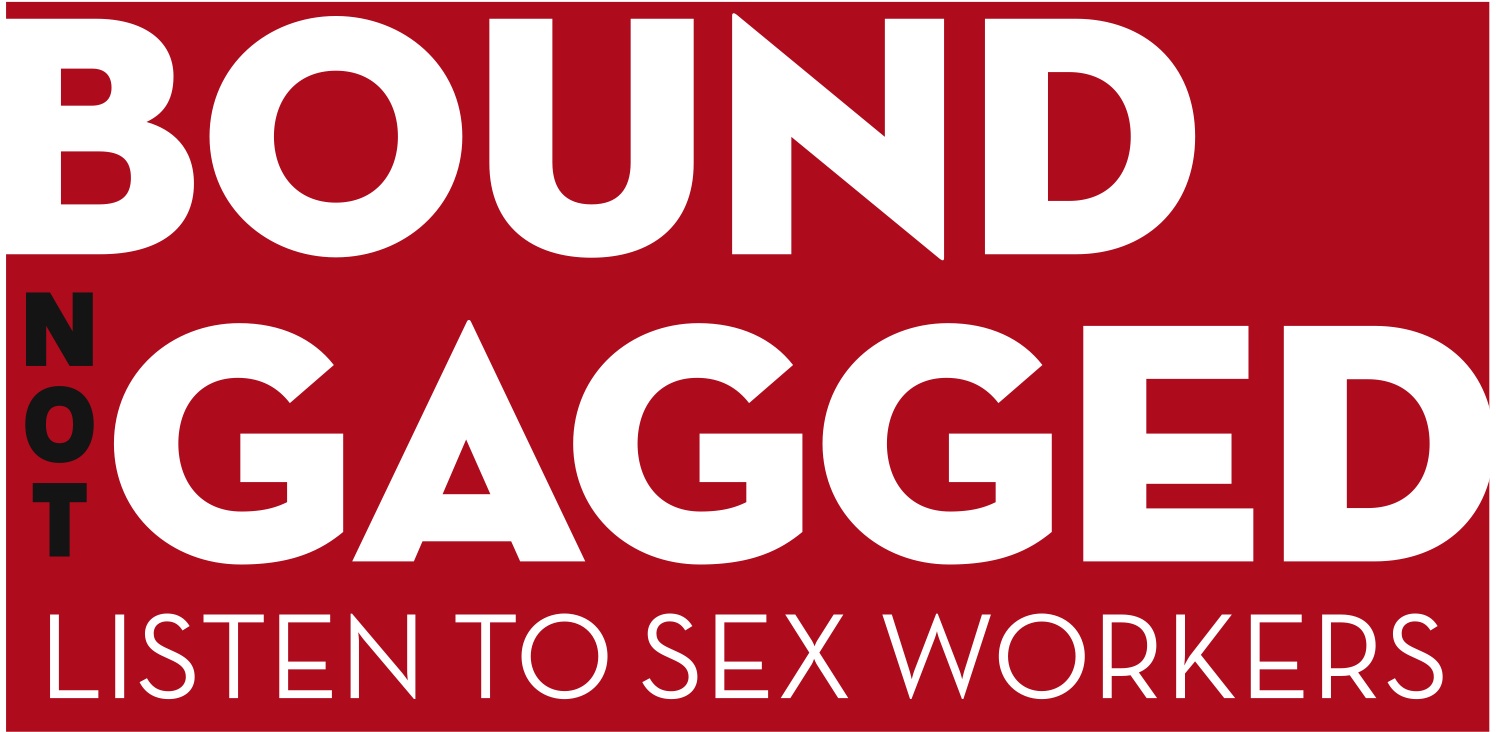This is a post from Cyd Nova over at Pretty Queer
I am finding my ideals located in awkward places during this odd, Saturn’s Return-esque moment of my life. Specifically, I’m finding myself doing activism around or advocating ideas that directly counter what I would have done in my early 20’s.
This came up for me while reading Sadie’s very smart piece Un-Money Shots: The Top 5 Porn Moments You Don’t See. She wrote about those pesky mundanities of porn life that the viewer is shielded from, one of which is the condom application scene.
Talking about the ‘moral responsibilities of the porn industry’ comes dangerously close to another issue currently tearing up the porno landscape — the banning of condomless porn production in California.
Now, I totally agree that in porn where protected sex is displayed, the inclusion of a ‘putting on the condom’ scene would be fantastic. The ‘I Dream of Jeanie’ esque eyelid blink appearance of a condom is childish. Sex workers, with our glamour and grace, do have the skills to eroticize acts previously thought unappealing — from a dick check to double penetration. Putting on a condom should be one of those acts. However, talking about the ‘moral responsibilities of the porn industry’ comes dangerously close to another issue currently tearing up the porno landscape — the banning of condomless porn production in California.
I’m an HIV educator and an AIDS activist, as well as being a sex worker who has done porn as both a cis-woman and a trans man. I am not unaware that my preaching against condom usage seems suspect, considering my background. But bear with me while I tell you the sordid tale of AIDS Healthcare Foundation VS The LA Porn industry and why it is this side of the fence that I stand on.
Filed under: Sex Worker Rights | Leave a comment »








